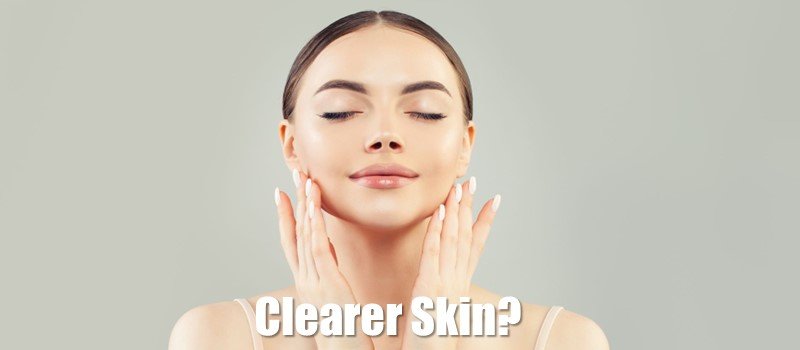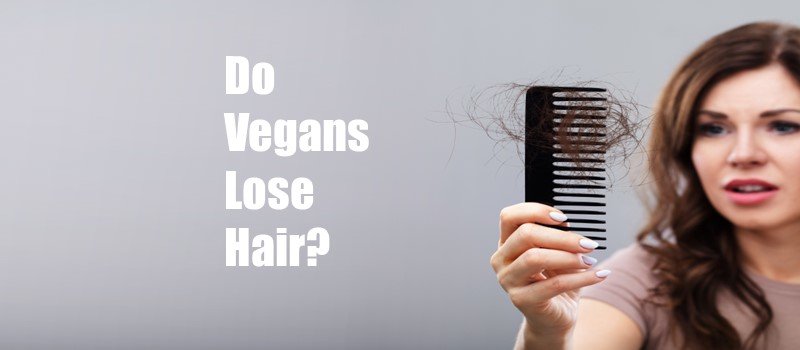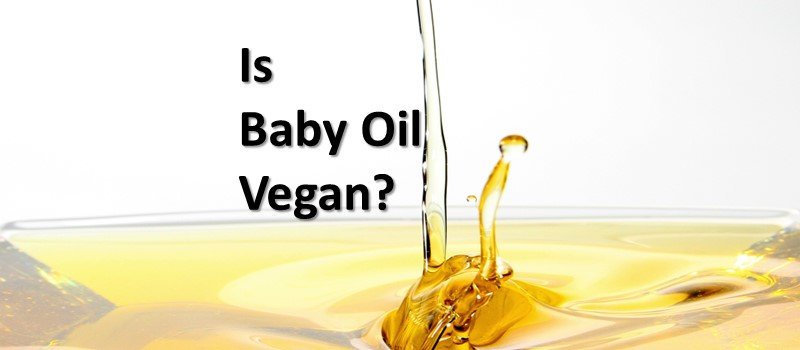Vegan hair skin and nails vitamins are often necessary for a vegan life. Repeatedly breaking a fingernail, suffering from thinning hair, or experiencing troublesome skin concerns shouldn’t go unattended. There are plenty of vegan hair skin and nails vitamins that can be highly beneficial. Read on and let’s find out when you may need vitamins to help out your skin and nails.
Whether to help your nails stand up to the rigor of daily life or strengthen your hair, or brighten your skin, there is a vegan beauty product that can assist you. These might be easy-to-consume dietary supplements such as gummy bears, a lotion, or vitamins that can fortify your body.
In this article, we will take you through why you may end up with vitamin deficiencies on a vegan diet, and what vitamins and minerals you may be lacking, plus take you through a list of the top vegan-friendly foods for hair, skin, and nails.
Check out this article for more on the health benefits of a vegan diet.
What Vitamins Do You Need for Hair Skin and Nails?
Both nails and hair have keratin in them. Vitamins for vegans aim to give it greater strength, so nails break infrequently, and your hair has more body, bounce, and strength to it.
Biotin as a micronutrient has been found to strengthen nails and hair. It’s also good for the skin too. This is present in many multi-vitamins products.
Other helpful vitamins include Vitamin A, Vitamin E, L-cysteine, Folic Acid, and keratin too.
L-cysteine is an amino acid that synthesizes proteins toward building stronger hair, nails, etc.
Vitamin E helps to keep your skin supple, and vibrant. Also, Vitamin A is an antioxidant that promotes overall health, cell growth, and stronger immune systems.
Folic acid helps your skin and nails by promoting healthy cell growth. The great thing about folic acid is that it can be found in a lot of vegan-friendly foods, so this should not be lacking in your vegan diet.
Why You May Be Lacking These Vitamins on a Vegan Diet
There is no doubt that a vegan diet can help with weight loss as well as a number of other physical and mental health benefits, but this does not mean that the vegan diet doesn’t come without its challenges.
Check out this article on the advantages of a vegan diet, but also this article on the disadvantages of a vegan diet.
Getting all of the vitamins and minerals you need to sustain healthy hair, skin and nails can be a challenge, but by no means impossible.
The vitamins that support healthy skin and nails are often derived from animal products.
This means that those eating a meat-based diet will normally get adequate amounts of these vitamins and minerals.
Because of this, it isn’t always necessary to take a multi-vitamin tablet daily if someone already has a balanced non-vegan diet.
Why Do Vegans Need Vitamins For Their Skin & Nails?
However, for vegans, the situation is different. Some vegan foods don’t have as many vitamins. This can be one of the reasons that vegans are often thought to look sick or ill.
As a result, without creating a properly-balanced vegan diet plan, vegans can find themselves lower on certain vitamins. B-12 is a common one to be deficient in because it’s mostly found in animal products rather than vegan-approved food groups.
Check out this article for more on the importance of B12 for a vegan diet.
As a result, many vegans choose to put time into planning their meals to get an appropriate nutritional balance.
Also, they commonly supplement to ensure they receive enough nutrients including all the necessary vitamins in sufficient quantity for good health.
Vegan Foods High In These Vitamins
Below we list a few vitamins and the foods that are required for healthy skin, hair and nails and also the vegan friendly foods that are rich in them:
Vitamin A – Sweet potatoes, apricots, kale, broccoli, spinach, carrots, spinach, and red bell peppers.
Vitamin B1 aka Thiamin – Oatmeal, legumes, whole grains, brown rice, pasta, bread, cereals, raw wheat germ, and watermelon.
Vitamin B2 aka Riboflavin – Mushrooms, spinach, wheat germ, whole grains, beans, cereals, yeast, and broccoli.
Vitamin B3 aka Niacin – Green veggies, brown rice, broccoli, legumes, tomatoes, and potatoes.
Vitamin B6 – Bananas, legumes, whole grains, watermelon, soybeans, walnuts, and other nuts.
Vitamin B12 – Fortified cereals and fortified vegan milk (soy, etc.) work well. B12 is particularly at issue in vegan diets for falling short.
Vitamin C – Tomatoes, oranges, brussels sprouts, spinach, berries, romaine lettuce, bell peppers, strawberries, cabbage, watercress, grapefruit, and collard greens.
Vitamin D – Cereals and plant-based milk that are both fortified are good sources of it. On the physical side, the best activity to get Vitamin D naturally is being out in the sunlight more often. Or take a supplement.
Vitamin D-2 aka ergocalciferol – This is preferred over B-3 which is derived from animals. Supplements may work better here.
Vitamin E – Sunflower seeds, nuts, spinach, whole grains, leafy greens, vegetable oils, and whole wheat flour.
Vitamin K – Kale, broccoli, soybean oil, green tea, spinach, tomatoes, parley, cauliflower, and brussels sprouts.
As you can see there are no end of vegan-friendly foods to ensure that you do not end up with nutritional deficiencies as part of your vegan lifestyle.
Vegans should be cautious of jumping on the supplements bandwagon, unless absolutely necessary, as a lot of these are not vegan. There are plenty of vegan hair skin and nails vitamins available on the market, but altering your diet is a healthier and cheaper option. Especially if you are living a vegan lifestyle on a budget.
Final Thoughts: Vegan Hair Skin And Nails Vitamins
So, if you find yourself with brittle nails, your skin has lost its luster, your hair appears to be thinning, or you just want healthier hair, take a step back and reassess your diet. There are plenty of apps out there to help you with tracking what you are eating to ensure that you are getting all of the right vitamins and nutrients on a vegan diet.
We would always recommend this before considering a multi-vitamin supplement and/or one focused on one area where you’re lacking in vitamins (or minerals). It is often easier to turn to supplements, but really, your vegan diet should still be balanced.




